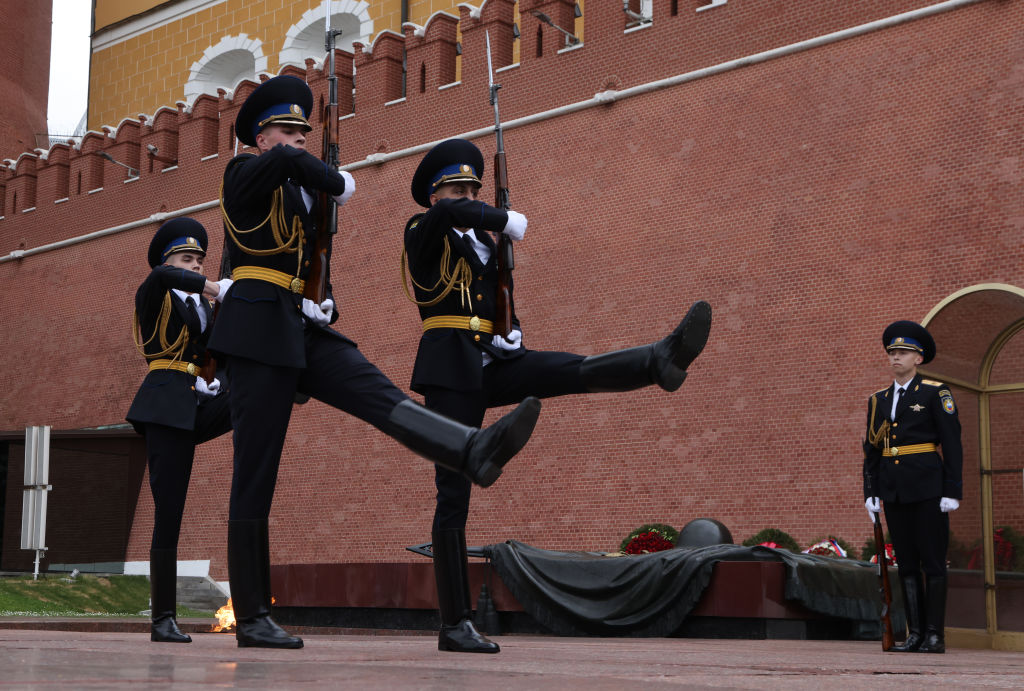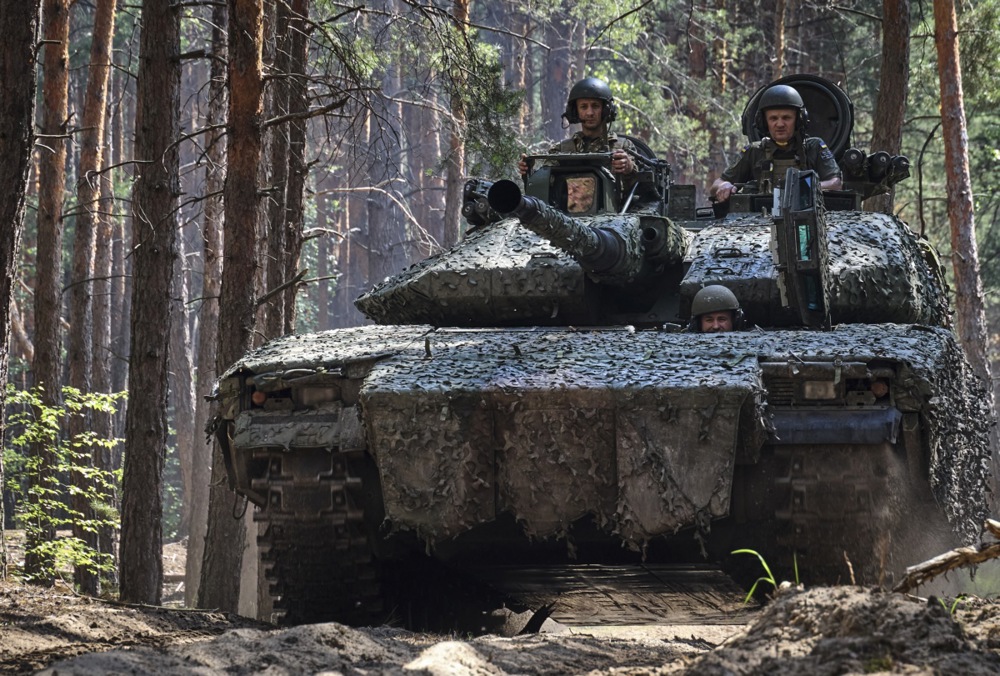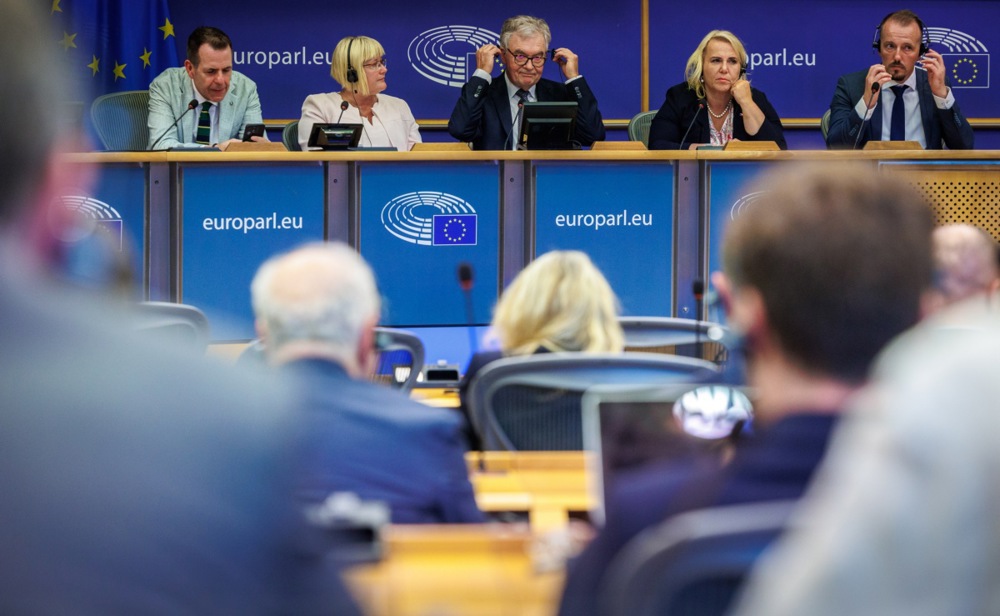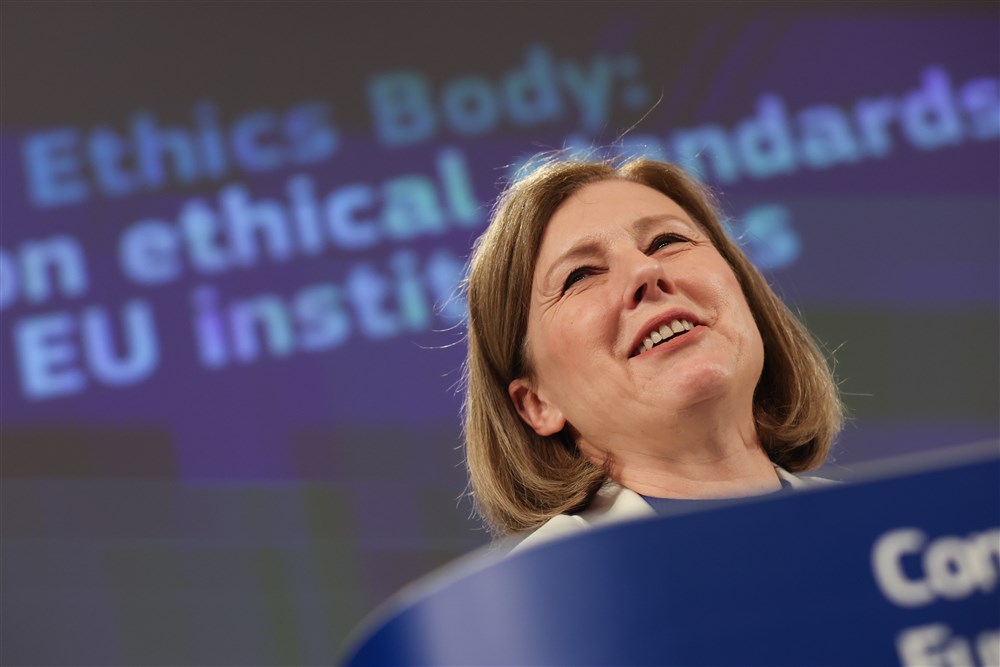Haim Regev, the head of Israel’s Mission to the European Union and NATO, has warned that Europe will “pay the price” should Israel fail to defend its interests in the Middle East.
Speaking at an event in Brussels on September 30 organised by pro-Israeli lobbyists, the senior diplomat emphasised that Israel was focused on fighting terrorists, and not the local population in each region– and that his military operations were also to the benefit of the European Union.
Only hours after Regev spoke, the Israeli army crossed the Blue Line, the border between Lebanon and Israel, marking the beginning of a ground military incursion against Hezbollah in Lebanese territory.
“If we don’t win the war, Europe will pay the price,” he stated. “Our war is not against Lebanon, it’s against Hezbollah.”
For Regev, the conflict is also an opportunity for the Lebanese people to “rid themselves of the terrorists.”
“We have no conflict with Lebanon, we have made this clear to all members of the European Union and the region,” he said.
“I am sure that if there were free elections right now, 60-70 per cent of the Lebanese would reject Hezbollah.”
Retired Major General Yaakov Amidror, a former national security advisor to Israeli Prime Minister Benjamin Netanyahu, added: “Israel is prepared for whatever may come,” and acknowledged that “eliminating the threat from the North is one of the priorities at this moment.”
“Eliminating or reducing the operational capacity of Iran’s proxies forces Tehran to return to the situation where it must decide whether or not to face Israel one-on-one,” Amidror stated.
“We know for a fact that they neither can nor want to do so.”
For Regev, Israel faced Iran on what he called “The Seven Fronts,” of ongoing conflicts in which his country was fighting Iranian proxies: in Gaza, Hamas and Islamic Jihad; in Lebanon, Hezbollah; in Syria, Shia militias as in Iraq; and in Yemen, the Houthis.
When asked by Brussels Signal about the future of relations with Iran, Regev insisted: “We do not support any peace process with Tehran,” and said he considered the Ayatollah regime to be the most significant enemy in the region.
“We expect to see new sanctions against Iran from the European Union in two weeks,” he added.
Recently, former European Parliament vice president Alejo Vidal-Quadras presented a report on how European policy towards Iran should change.
On this matter, Regev also expressed optimism about a new era for the EU.
“[President of the European Parliament Roberta] Metsola and [European Commission President Ursula] von der Leyen were the first world leaders to support us when the October 7 attack occurred,” he said.
“I say I am optimistic because the EU is made up of 27 countries, and there are other actors to turn to if doors are closed to us.”

Also at the event was David Lega, a former Swedish MEP, who criticised the EU for unfairly pressuring Israel.
“Although the EU recognises Israel’s right to defend itself, in practice it does not show it,” said Lega, who now serves as the Senior Advisor to the European Jewish Association (EJA) for Scandinavia.
He criticised Josep Borrell, the former High Representative for the EU’s Foreign Affairs and Security Policy, for “acting often based on his personal views and not giving voice to the decisions agreed upon by the institutions.”
A week before the first anniversary of the war, Israel has asserted that it would continue its fight until all direct threats to its territory were eliminated.
On the night of September 30, after intense shelling of the border towns, the Israeli army crossed the Blue Line, the border between Lebanon and Israel, marking the beginning of a ground military incursion against Hezbollah in Lebanese territory.
The IDF announced the start of “limited and selective” operations against Hezbollah in southern Lebanon as part of the “Northern Arrow” framework. They confirmed that the ground operations are supported by artillery and air forces.
The Secretary of Defense reiterated that the United States supports Israel’s right to self-defence. He also assured that the U.S. is prepared for any retaliation from Iran and its allies, emphasizing that it will defend Israel.
Irish President Michael D Higgins has claimed that a letter he wrote sending the incoming Iranian President “best wishes” was leaked by the Israeli embassy. https://t.co/JIGx3xHE8x
— Brussels Signal (@brusselssignal) September 23, 2024





